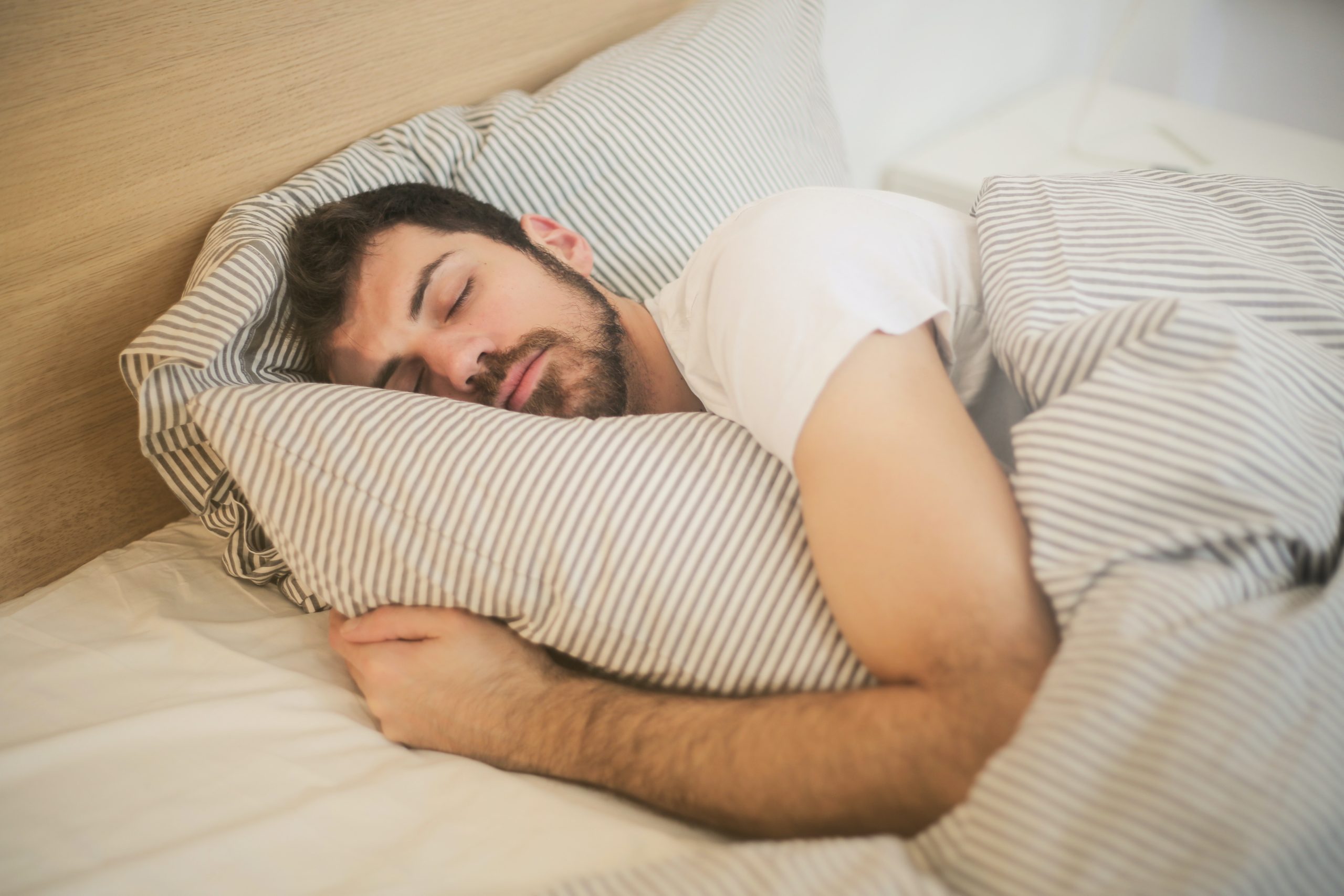- Immaculately Clean Facility
- Fully stocked changing rooms and showers
- FREE Body Scan
- FREE towel service
- Nutrition Coaching & Accountabiliy
- Expert coaches
Skip to content
Do you stay up late to stream your favorite movies or catch up on social media? You might be jeopardizing your physical recovery. You should prioritize sleep, especially if you’re maximizing your workouts. It’s a time for the body to heal and renew. If you’re trying to shed extra pounds, sleep also helps. When you lack sleep, your body produces more ghrelin, the hunger hormone, and less leptin, which makes you feel full. You’ll need to eat more calories to feel the same satiety level.
Exercise breaks down muscle tissue.
When you exercise, particularly if it’s intense, it causes microscopic tears in the muscle tissue. Those tears heal when you sleep. Recovery is when you build muscles. It’s the scar tissue that forms when they heal that increases bulk. HGH—human growth hormone—increases when you sleep. HGH boosts muscle building, improves bone density, and helps maintain muscle mass. Lack of sleep reduces testosterone levels, which also boosts muscle formation. The real magic of building muscles takes place during recovery and sleep.
You need more than sleep. It should be quality sleep.
You go through approximately four to six sleep cycles each night. The length of each cycle varies. Each cycle has four stages: three non-rapid eye movement stages—NREM—and one rapid eye movement stage—REM. During the NREM stages, the body heals. Breathing slows, blood pressure drops, and blood to the muscles increases. That’s when the repair and growth take place. The REM stage is when you dream. A lot of brain activity occurs. It’s vital for memory and organizing the brain. Poor quality sleep disrupts the process and slows recovery. If you don’t enter a deep sleep phase, it could diminish HGH and your efforts to build.
Improve the quality and quantity of sleep.
Everyone’s sleep needs differ, but the average person requires between 7 and 9 hours. Some need more. Others need less. A lot of things can prevent you from getting that sleep. Keeping a sleep schedule, even on the weekends, can help maintain your circadian rhythm. You go to sleep and arise at the same time each day. That will help you fall asleep faster. Keeping your room dark and turning off all blue screens, whether it’s the phone, computer, or TV, also helps. Keep the room cooler for the soundest sleep.
- If you have problems sleeping, learn meditation and deep breathing exercises to help you relax and calm your mind. It can do double duty. You can use it during the day to help relieve stress.
- Sleep is also beneficial for the heart and immune system. It slows the heart rate and lets your body rest. Sleep boosts your immune system by creating cytokines. These are messengers that help direct the immune responses.
- When you get adequate sleep, you’re more likely to stay motivated and have more productive workouts. When you’re exhausted, going to the gym and pushing hard is far less inviting if you’re not well-rested.
- Sleep studies show that lack of sleep interferes with athletic performance. Tennis players had decreased accuracy. Reaction time was slower in other athletes who lacked sleep. All studies showed regardless of the sport, sleep-deprived athletes had less endurance.
For more information, contact us today at Team-ISC



